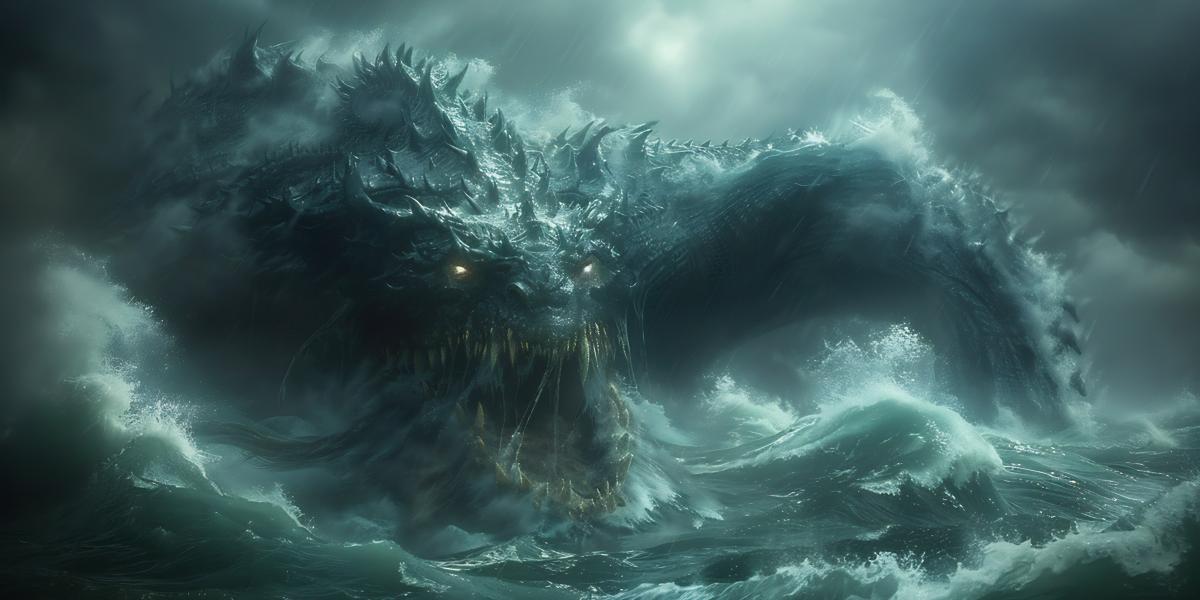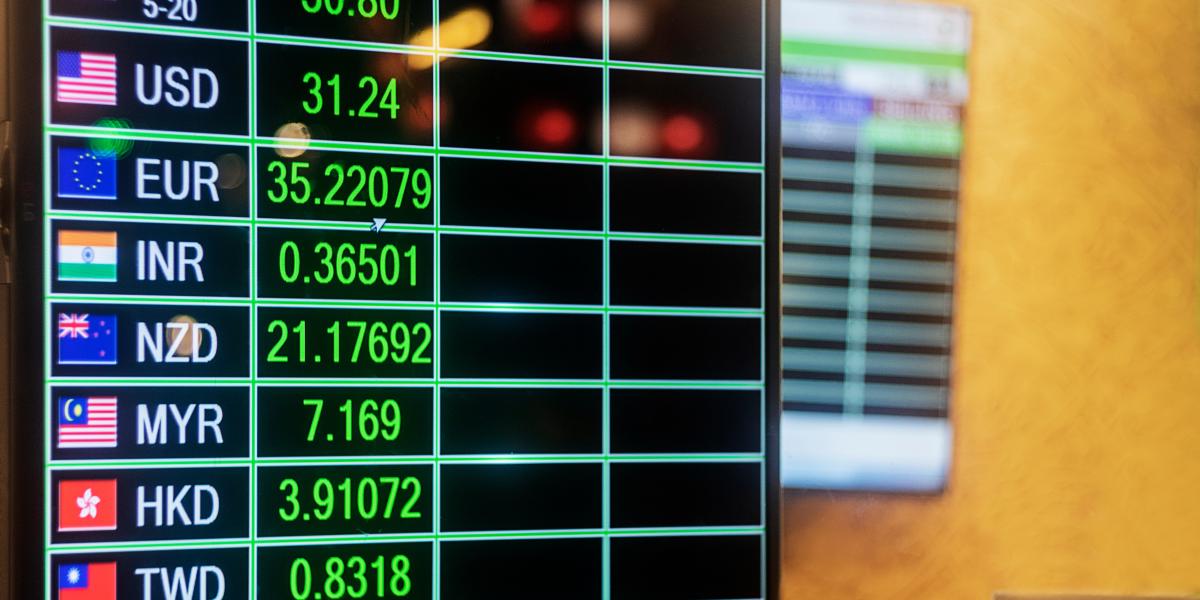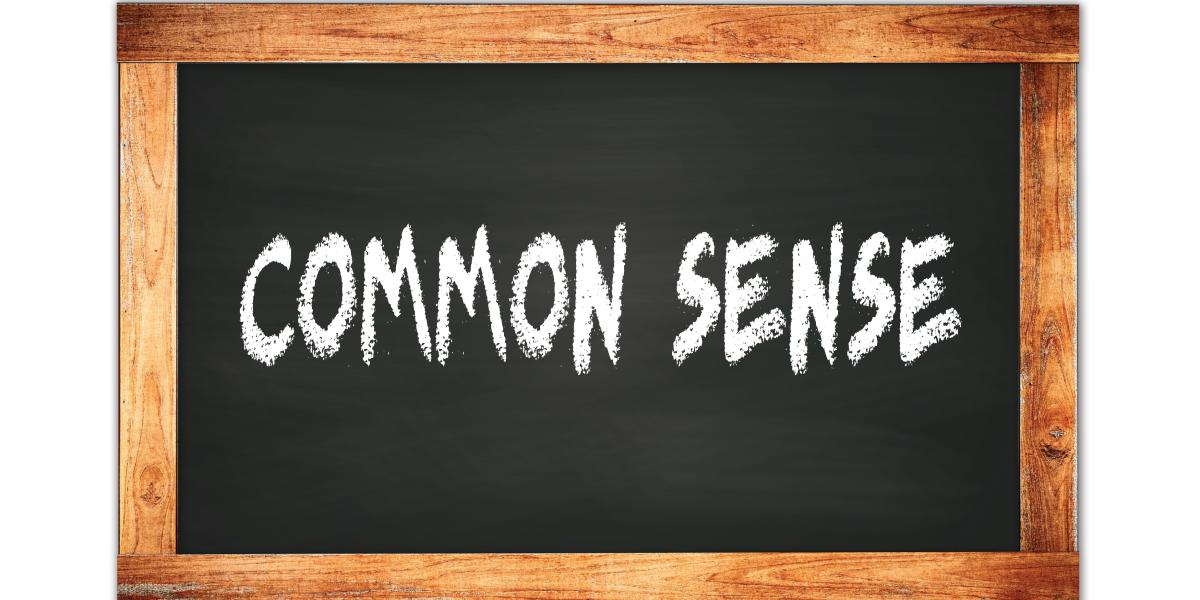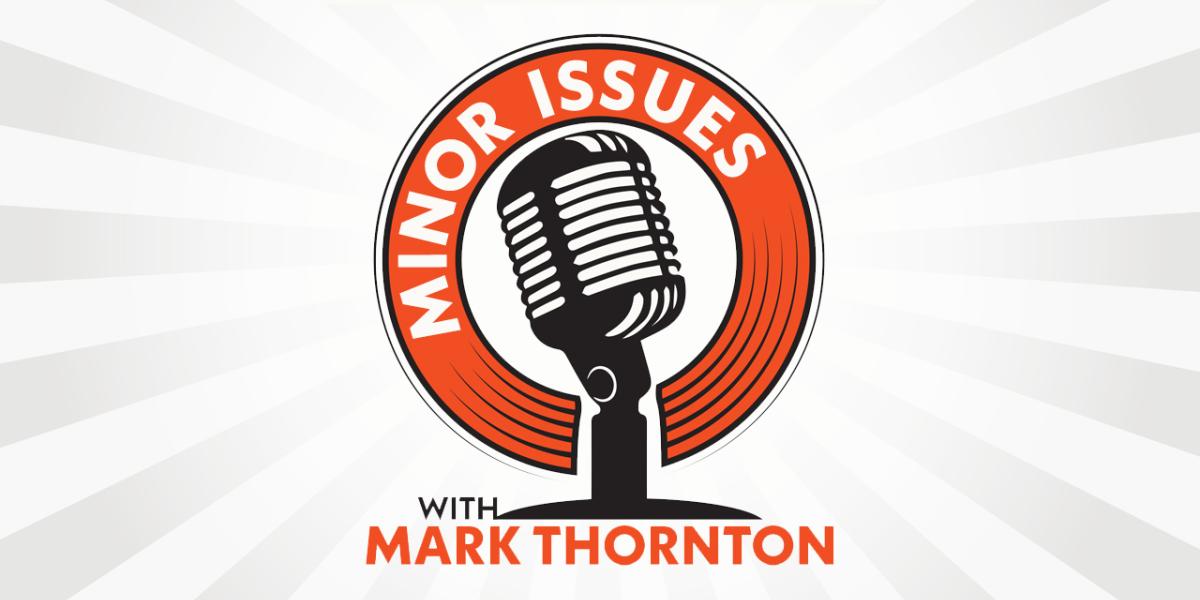Sacrificing Truth on Leviathan’s Altar
There is truth, and then there is government truth. Unfortunately, today‘s ruling class wants us to believe that government (or at least government run by elites) is the source of truth, and not to believe our lying eyes.










